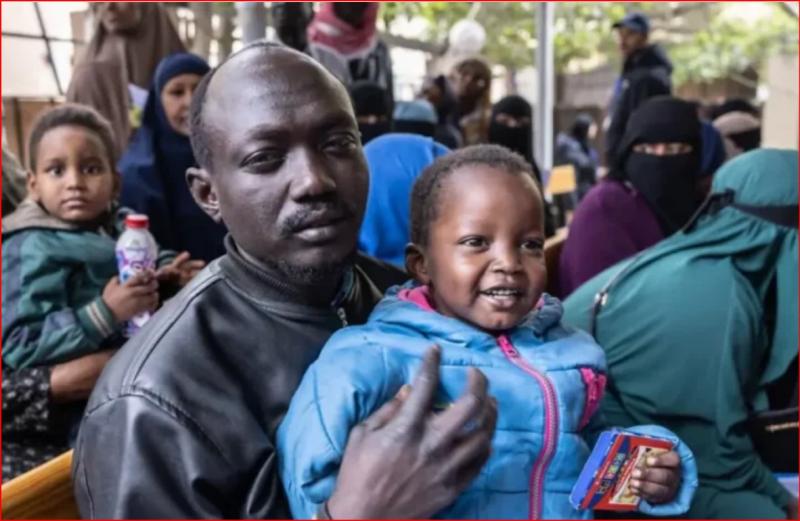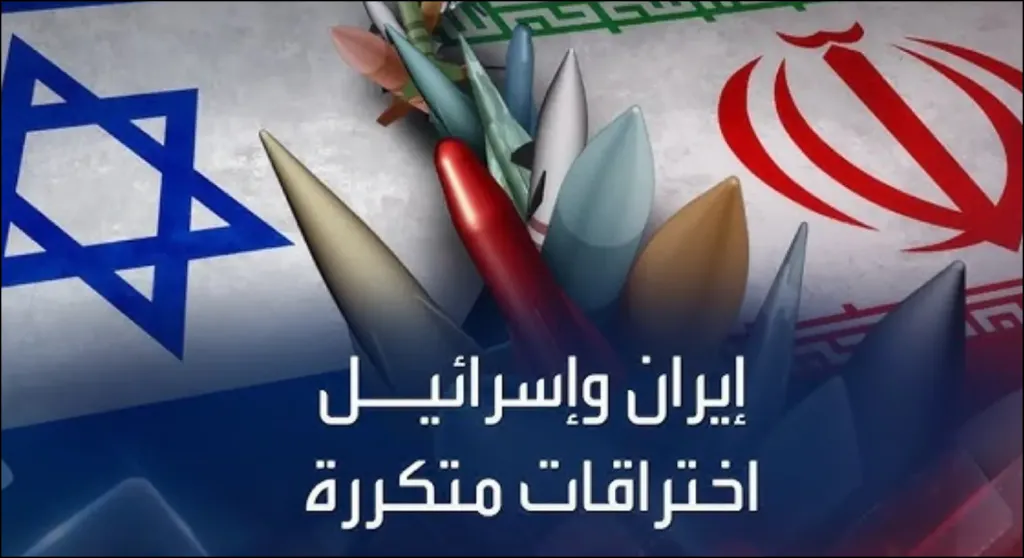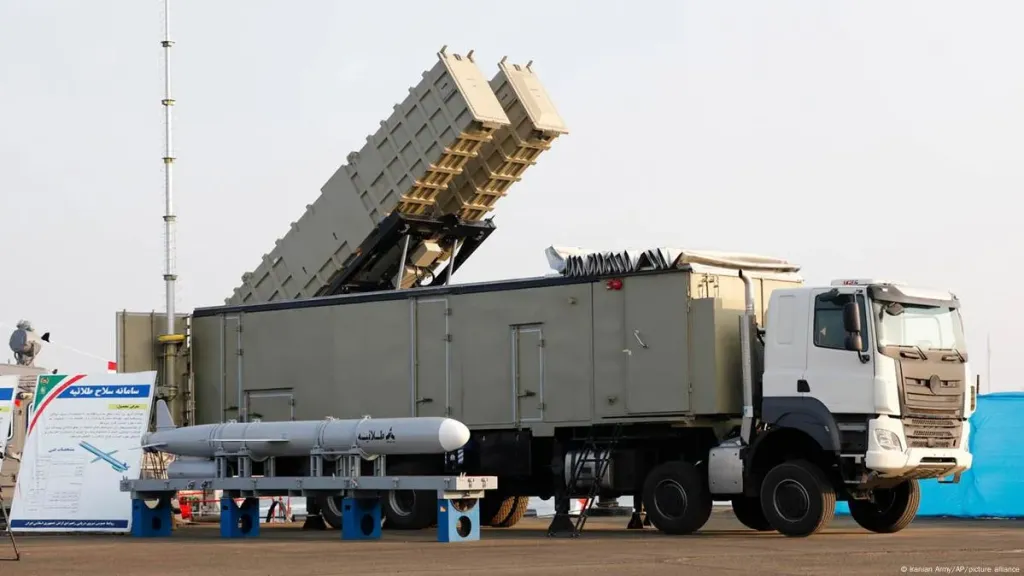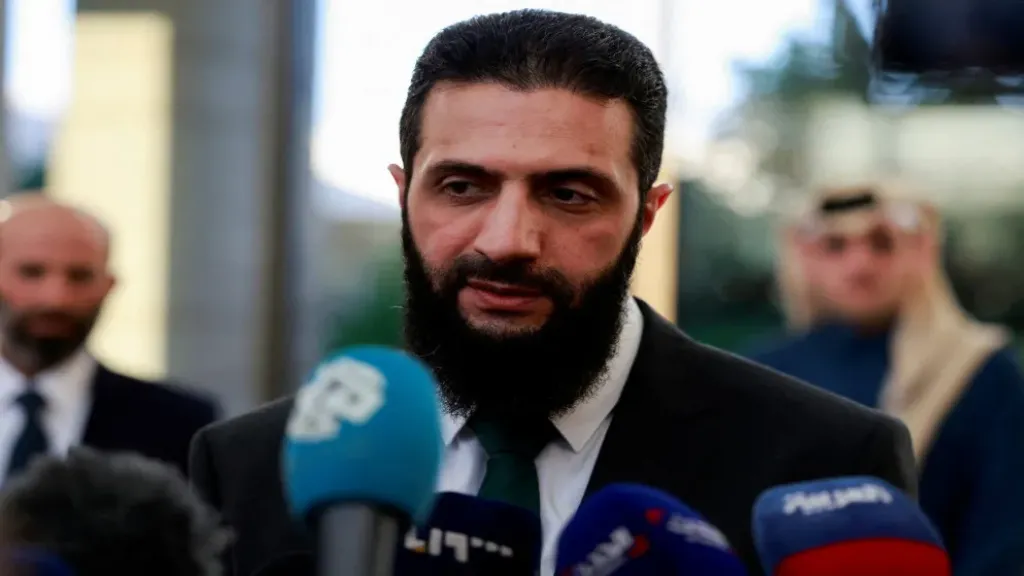Amid emphasizing the importance of following required registration procedures, forced deportation of refugees and asylum seekers exposes them to a grim fate. They are pushed back to conflict-ridden areas, posing serious threats to their lives, increasing the likelihood of persecution, torture, or even death. Vulnerable groups like women and children face additional risks such as human trafficking and exploitation, stark violations of human rights.
Tens of thousands of Sudanese, the largest group of refugees and asylum seekers fleeing civil war horrors, face significant challenges attempting to enter Egypt. These include long waits at border crossings under unsanitary conditions with shortages of shelter, medicine, and basic necessities. Severe delays in visa processing due to embassy and migration office closures exacerbate their plight. Many have lost their passports or IDs, or their documents have expired.
Despite the Egyptian government's increase in staff and extended service hours, there remains a significant challenge in visa processing as numbers grow daily. This compels many to attempt irregular entries. Initial waves of displaced persons primarily included the more fortunate and capable, but subsequent waves increasingly comprise the most vulnerable who lack bus fare, amid widening conflict zones and life-threatening risks.
However, many Sudanese find themselves at risk of being returned to the very hell they escaped. According to Sudan News Agency "SUNA," on June 13, 2024, the Arqin border crossing in Wadi Halfa State received 721 Sudanese deportees from Egypt, allegedly for illegal entry from Sudan to Egypt, including elderly, children, and youth.
UN Agencies and Donors: Continual Crisis and Support
The slow determination of refugee commission statuses frustrates many asylum seekers. It may take months even after obtaining a "yellow card," a renewable residence permit protecting against detention and deportation, to schedule the next phase, potentially up to two years for a "blue card" determining refugee status, amid general asylum procedures. Rejected applicants often receive no specific reasons for refusal.
Complaints from asylum seekers about difficulty contacting commission staff prompted attempts to contact the emergency number published on their website, yielding no response. The UNHCR and other NGOs supporting refugees highlight financial constraints hindering urgent aid provision for refugees and asylum seekers, including housing, food, healthcare, education, psychological, and social support.
Notably, the UNHCR in Egypt operates only two offices: one in Greater Cairo and another in Alexandria, catering specifically to Syrians. Insufficient staff to register asylum seekers practically impedes managing traditional bureaucratic applicant numbers, necessitating flexible mechanisms for their urgent case handling, crucial given the impending fate of tens of thousands of threatened asylum seekers as the September deadline nears.
Prima Facie Recognition: Urgent Necessity
In major humanitarian crises or armed conflicts forcing collective flight, like civil wars or severe internal conflicts, humanitarian agencies may grant "prima facie" refugee status to all citizens of a country or group, presuming they meet refugee criteria, preventing their forcible return and simplifying bureaucratic registration, thereby affording better protection against expected risks upon return.
The Egyptian Center stresses the UNHCR and its Cairo office and relevant authorities to coordinate promptly to adopt this approach for Sudanese citizens, ensuring effective protection against foreseeable risks upon return amid the challenging humanitarian conditions they face.
State Role: Humanitarian Commitment and Procedural Hurdles
Continued registration obstacles and a shortage of commission staff handling asylum seekers compel many of the most vulnerable groups to remain as "tourist visa" visitors, renewing periodically, depriving them of guaranteed rights under international laws and treaties. The Egyptian Center calls for authorities and the UNHCR to coordinate, ensuring various forms of protection for those adjusting their status—understood as residents rather than refugees due to the impracticality of their announced registration methods.
Conclusion: Legal and Regional Protections
Egypt and Sudan signed the Four Freedoms Agreement in 2004, ensuring reciprocal freedom of movement, residence, work, and property ownership without entry visas between the two countries, recently halted amid rising displacement waves to Egypt. There's a growing need to reactivate this, considering historical fraternal relations between Nile Valley states.
With the commitment to the Egyptian legal framework in dealing with refugees, facilitations are urgently required to register and regularize their status, easing or eliminating their entry or residence requirements to alleviate existing humanitarian suffering rather than resorting primarily to deportation as a first-choice solution.
International and Regional Laws: No Deportation Under Any Pretext
The principle of non-refoulement is fundamental in human rights and international humanitarian law, constituting a core principle of refugee law. It prohibits the state from expelling or returning asylum seekers under any circumstances, according to the Egyptian constitution and law, and international human rights conventions and treaties.
Additionally, forced returns are prohibited under various regional human rights instruments, including the African Convention on the Specific Aspects of Refugee Problems, and the Cairo Declaration on the Protection of Refugees and Displaced Persons in the Arab World.
Source: Adapted from multiple news sources, including Al Jazeera, Reuters, and local Sudanese news agencies.











